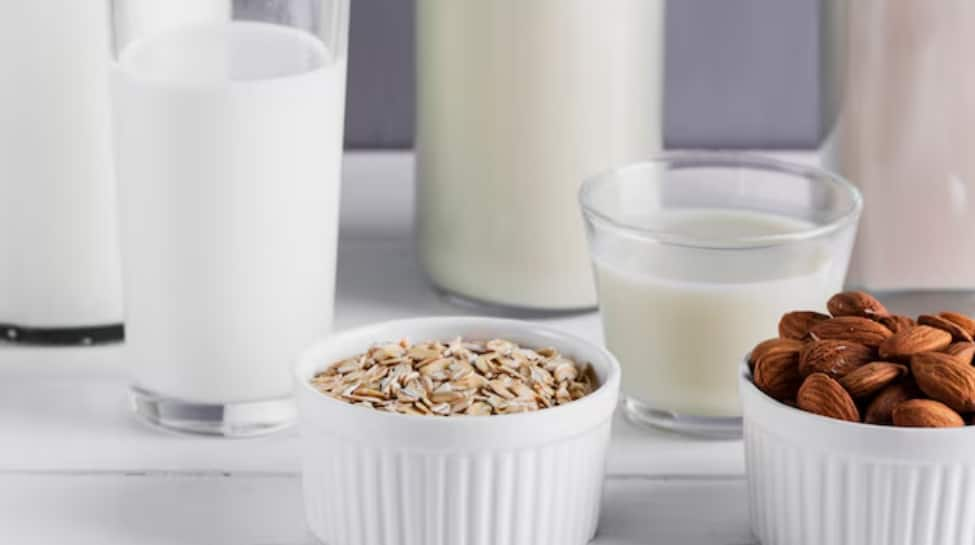Cold temperatures have been known to cause fluctuations in blood sugar levels, making it difficult for people with diabetes to manage their condition
While the cold temperatures of winter can present challenges for people with diabetes, there are many lifestyle changes that can be made to overcome them
Diabetes can present additional challenges during the winter months, particularly when it comes to maintaining healthy blood sugar levels. Cold temperatures have been known to cause fluctuations in blood sugar levels, making it difficult for people with diabetes to manage their condition. Additionally, the decrease in physical activity due to avoiding the cold weather can also contribute to the spike in blood sugar levels.
There are several other factors that can contribute to this spike in blood sugar levels during the winter. For example, the body’s natural response to cold temperatures is to release hormones that increase insulin resistance, making it harder for the body to regulate blood sugar levels. Additionally, the holiday season, with its associated stress and increased consumption of high-calorie foods, can also contribute to blood sugar spikes.
It’s important for people with diabetes to take extra precautions during the winter months to manage their blood sugar levels. This may include monitoring blood sugar levels more frequently, adjusting medications or insulin doses, and engaging in regular physical activity indoors. Consultation with a healthcare professional is recommended for personalized advice.
Dr. Banshi Saboo, Diabetologist, former president, RSSDI explains some interesting reasons responsible for a spike in blood sugar levels in winter:
Being sweet is kind, but excessive sugar intake? A big no-no!
Winter brings the opportunity to spend time with loved ones and enjoy comforting, warm meals and drinks. However, for people with diabetes, the winter season can present challenges in managing their condition. Seasonal foods and treats, such as “Gajar ka Halwa” made with carrots, can be particularly tempting for those with diabetes. However, indulging in these delicacies can disrupt diabetes management and lead to an increase in blood sugar levels. It’s important for people with diabetes to be mindful of their food choices during the winter and consult with a healthcare professional for personalized advice on how to manage their diabetes during this time.
Heard of Raynaud’s phenomenon?
Raynaud’s phenomenon is a condition in which the blood vessels constrict in response to cold temperatures, particularly in the feet and hands. This can cause numbness and a loss of sensation in the affected areas. Additionally, Raynaud’s phenomenon can also cause an increase in blood sugar levels. The small blood vessels that supply blood to the skin narrow in response to cold and stress, which can cause a change in the color of the skin in severe cases. This is more common in people with diabetes. It’s important for people with diabetes who experience symptoms of Raynaud’s phenomenon to be mindful of exposure to cold temperatures and to consult with a healthcare professional for personalized advice on how to manage their diabetes during this time.
Catch false readings before they create confusion
The cold temperatures of winter can affect diabetes measuring tools and equipment, leading to false readings. The low blood oxygen and poor blood flow that can occur in extreme climates can also affect the accuracy of diabetes testing strips. To ensure accurate readings, it’s important to make sure that your body temperature is normal before testing. This can be achieved by using a heating pad, hot water bottle, or other means of warming the body. If you continue to experience anomalies with your diabetes testing equipment, it’s recommended to consult with a healthcare professional for guidance.
While the cold temperatures of winter can present challenges for people with diabetes, there are many lifestyle changes that can be made to overcome them. Diet control is particularly important, as consuming high-calorie foods or sugary treats can disrupt diabetes management and lead to an increase in blood sugar levels. Consider finding alternatives to adding sugar to your favorite foods and drinks.
It’s also important to keep your diabetes medications, testing tools, and insulins at standard temperatures to avoid confusion or complications. Remember that diabetes management is all about maintaining healthy blood sugar levels. While this can be challenging, it is possible to make progress by making small changes to your lifestyle.
Try to engage in indoor physical activity and practice breathing exercises or pranayama to keep yourself active and healthy. Meditation can also help to keep you calm, and avoiding smoking and excessive alcohol consumption can help to prevent additional health issues. Overall, the key is to take small steps towards a healthy lifestyle and you will see the progress. Happy winters!
Read all the Latest Lifestyle News here















































